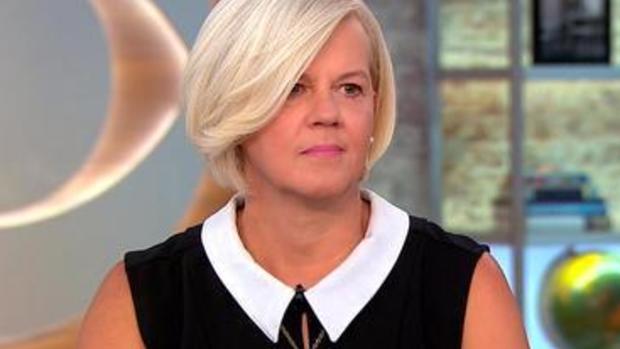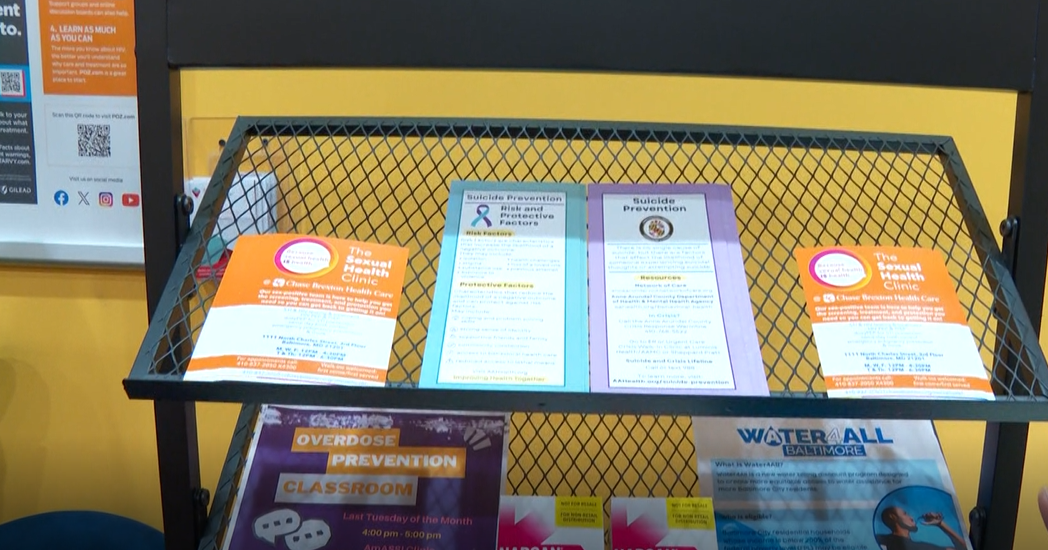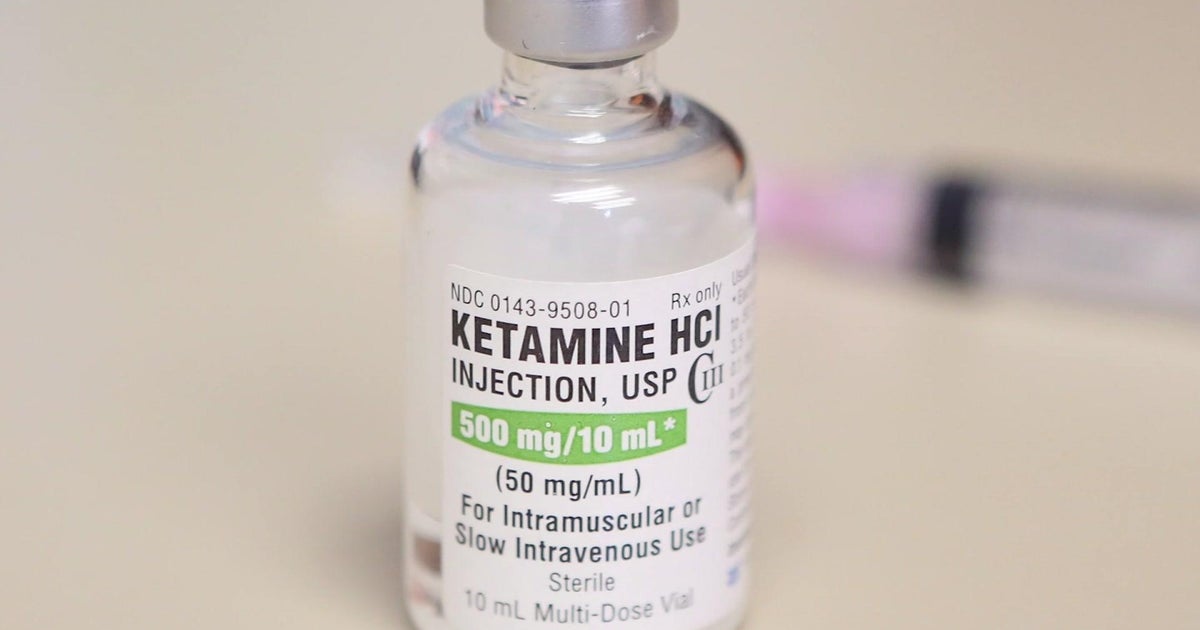"Dopesick": Author reveals impact of painkillers on the opioid epidemic
The U.S. Food and Drug Administration is making a change in the way it evaluates addiction treatment drugs, which could lead to more options for addicts to get help. The FDA will now look at whether potential treatments can reduce overdose rates, or the transmission of infectious diseases, instead of only focusing on whether it cuts opioid use.
It's the latest effort to fight the opioid drug abuse epidemic that killed nearly 64,000 people in 2016, according to the U.S. Centers for Disease Control and Prevention. Author Beth Macy tracked the opioid problem from its early days in rural America to the nationwide crisis it is today in the new book, "Dopesick: Dealers, Doctors and the Drug Company that Addicted America."
Macy told CBS News when she first started covering addiction, people were reluctant to share their struggles. Years later, the stigma remains. She spoke to one mother who lost her son to addiction, who only learned about the full extent of his struggles later on.
"She said something else that I heard a lot, which is 'I thought it was just pills,' and it had progressed to heroin unbeknownst to her, and he never missed a day at work," Macy said.
She also told CBS News about another woman who had been prescribed opioids at an urgent care center, becoming hooked after just 30 days. Macy says the woman eventually sought out street drugs in order to avoid getting "dope sick," which is experiencing the symptoms of withdrawal.
Purdue Pharma, the maker of OxyContin, has been accused of fueling the opioid crisis with its aggressive sales and marketing practices. Macy says that's because when the drug was introduced, it came with a claim that it was safer than other painkillers.
"Purdue sent its pharmaceutical reps out to doctors who were already prescribing Percocet and immediate release [painkillers] and they said that OxyContin was safer because of this 12-hour time release mechanism," Macy said. "They plied them with gifts, they paid thousands of doctors to become speakers, and this squishy claim that it was reduced to, that it was believed to reduce the risk of addiction, was then trumpeted and became — I say in the book that it became like a game of telephone gone terribly awry."
"In those early years, they were always blaming the overdose deaths, the skyrocketing crime, especially in these distressed, rural areas, on the people that were misusing their drugs," she added.
Meanwhile, Purdue says it's committed to addressing the opioid crisis. In a statement, the company says in part: "Suggesting activities that last occurred more than 16 years ago, for which the company accepted responsibility, helped contribute to today's complex and multi-faceted opioid crisis is deeply flawed."






